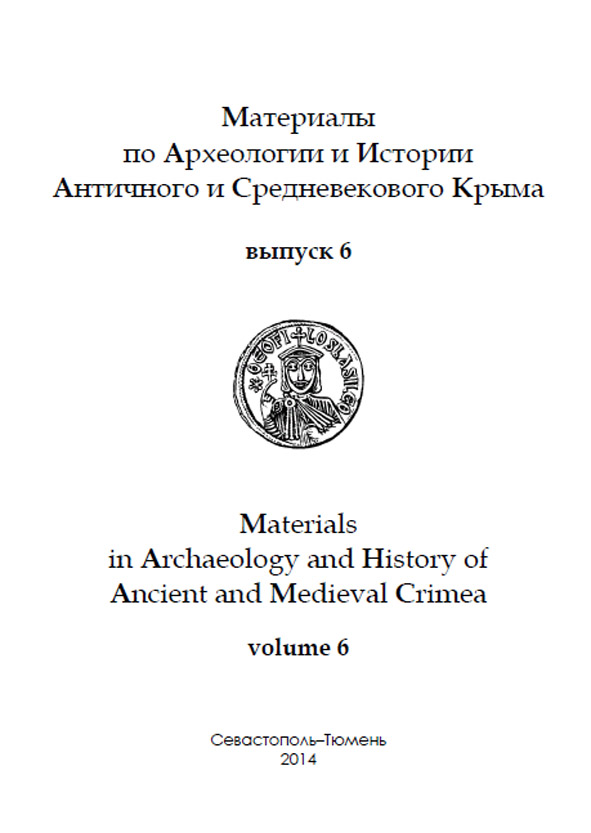Солунская легенда: оригинальное славянское произведение или перевод с сирийского?Количественный подход к оценке правдоподобности альтернативных гипотез
The Thessalonican Legend: Original Work in Slavonic or Translation from Syriac? A Quantitative Approach to Evaluation of the Likelihoods of the Alternative Hypotheses
Author(s): Basil LouriéSubject(s): Language studies, Studies of Literature, History of ideas, Special Historiographies:, Philology
Published by: Нижневартовский государственный университет
Keywords: Thessalonican Legend; early Slavic writing; Slavic hagiography; Bayesian inductive logic; intuitive fuzzy sets; fuzzy likelihood
Summary/Abstract: The two hypotheses on the original language of the Thessalonican Legend are compared in a quantitative way using the procedures of Bayesian inductive logic. The ratio of likelihoods is calculated as that of fuzzy likelihoods using the apparatus of the theory of (intuitive) fuzzy sets. The method could be convenient in humanities for quantitative evaluation when the number of alternative hypotheses is reducible to two.
Journal: Материалы по археологии и истории античного и средневекового Причерноморья
- Issue Year: 2014
- Issue No: 6
- Page Range: 189-214
- Page Count: 26
- Language: English

